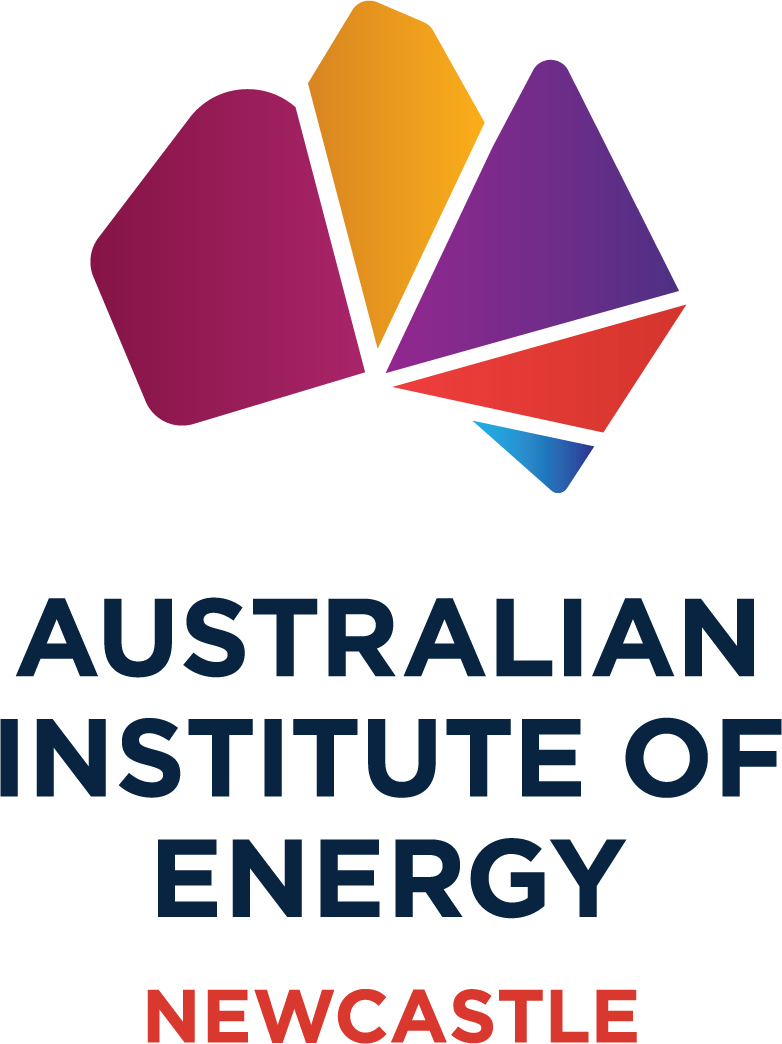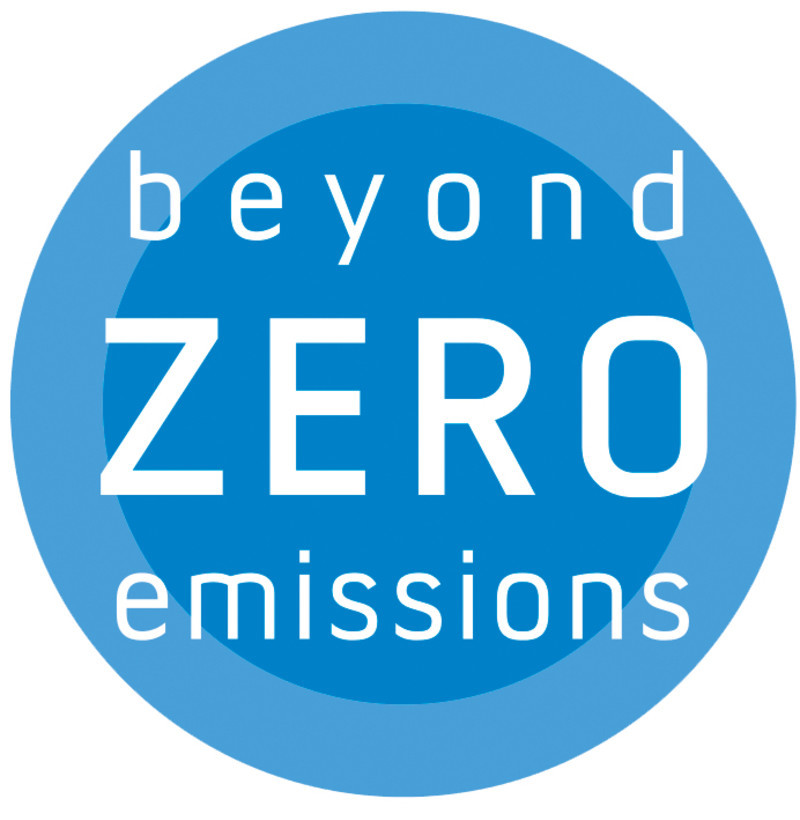New low-interest loan scheme aims to drive EV adoption in Australia
As EV sales grow 150% from last year, discounted financing could help more Australians make the switch to electric vehicles.

The Australian Federal Government has introduced new measures to help low- and middle-income Australians afford electric vehicles (EVs). Backed by $150 million from the Clean Energy Finance Corporation (CEFC), the Commonwealth Bank is now offering low-interest EV loans for individuals earning less than $100,000 a year, as well as essential workers like police officers, teachers, firefighters, and nurses.
Interest rates on these loans are up to 5 percentage points lower than standard rates, potentially saving borrowers over $8,000 on a $40,000 loan over seven years. The discounted loans cover new and used EVs valued up to $55,000, as well as home EV charging equipment.
This initiative complements broader federal efforts to encourage EV adoption, including removing the 5% import tariff on EVs, eliminating Fringe Benefits Tax for leased EVs through the Electric Car Discount, and expanding Australia’s EV charging network.
EVs made up 9.5% of new light vehicle sales in 2024, a 150% increase compared to 2022, according to the Electric Vehicle Council’s State of EVs report released this week. Over 110,000 EVs were sold in 2024, and projections suggest that battery electric vehicles (BEVs) and plug-in hybrid electric vehicles (PHEVs) could account for 15–19% of new car sales by 2026 under current policies. The variety of EV models has expanded, with 122 models and more than 220 variants now available in Australia, marking a 50% increase compared to the previous year.
Infrastructure has also grown, with the number of fast and ultra-fast charging locations doubling to 1,059 nationwide and 1,849 public chargers now available. This expanded network supports the growing EV market, making it easier for Australians to charge vehicles in urban and regional areas.
Despite progress, Electric Vehicle Council Head of Legal, Policy and Advocacy Aman Gaur stated, “Australia has made progress, but it still faces a long road to match the EV adoption rates of other developed nations. And to meet climate targets, we need more than 50% of new car sales to be EVs by 2030. The New Vehicle Efficiency Standard (NVES) will advance these bold yet essential goals, but more action is needed.”
Dr Jake Whitehead, Chief Scientist at the Electric Vehicle Council, emphasised the importance of continued collaboration between governments and industry. He noted, “By any measure, there are more EVs on our roads today than ever before, and that is set to grow. The pace of this growth, however, will depend on the level of support from governments and industry.”
As the New Vehicle Efficiency Standard takes effect in January 2025, Australia’s EV market is poised for further growth. Combined with government initiatives and expanding infrastructure, these efforts aim to make EV ownership a practical option for more Australians, supporting the country’s transition to cleaner transport.













